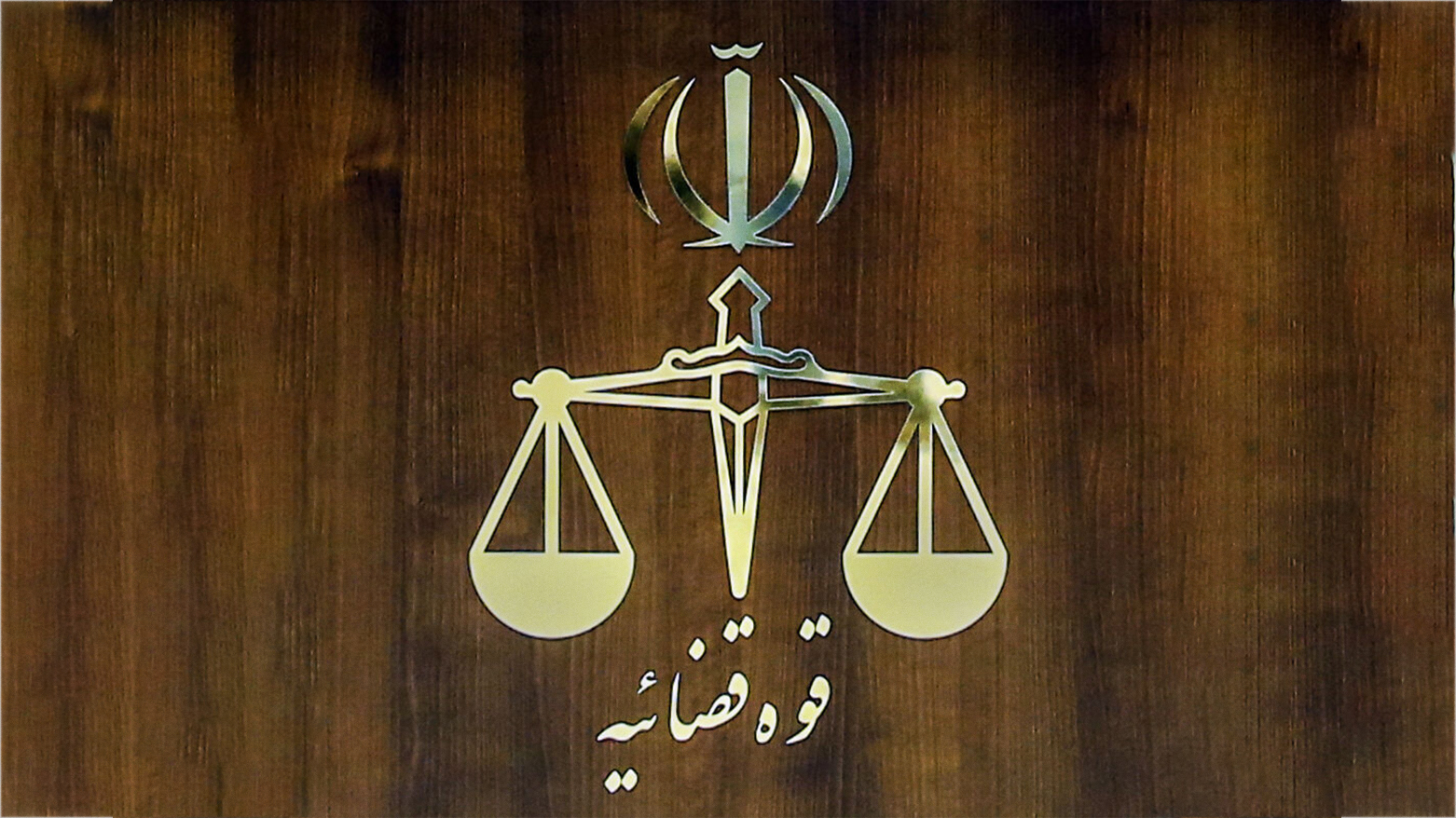Iran Hangs Alleged Israeli Spy, Citing Espionage Conviction
Iran has executed Babak Shahbazi by hanging after convicting him of spying for Israel's Mossad intelligence agency. The judiciary's Mizan news agency stated he was found guilty of "corruption on earth" and "waging war against God" for providing sensitive information to Israel.

ERBIL (Kurdistan24) – Iranian authorities on Wednesday executed a man convicted of spying for Israel's Mossad intelligence agency, hanging him at dawn after a legal process that human rights groups have long condemned as opaque and fundamentally unfair.
The execution of Babak Shahbazi, who was accused of providing sensitive information about Iran's military and telecommunications infrastructure to Israeli intelligence, marks the latest in a series of swift and severe punishments meted out to individuals accused of collaborating with Tehran's arch-foe, particularly in the tense aftermath of the brief but devastating war between the two nations in June.
The official announcement of the execution was made by the Iranian judiciary's Mizan Online news agency, which stated, "The death sentence of Babak Shahbazi... was carried out this morning by hanging after the completion of the legal process and confirmation of the sentence by the Supreme Court."
Shahbazi was sentenced to death on the sweeping and vaguely defined capital offenses of "Corruption on Earth" and "waging war against God," charges that are frequently leveled against political dissidents and those accused of collaborating with foreign states.
According to the detailed account provided by Mizan, Shahbazi was a contractor who specialized in the design and installation of industrial cooling systems, a profession that gave him access to a number of highly sensitive locations.
The judiciary's report stated that his work was for "companies affiliated with telecommunications, military, and security organizations and centers," and that through this access, he was "aware of the specifications and features of their data centers." His alleged motive for collaborating with Mossad was "to receive money and residency in a foreign country."
The official narrative of Shahbazi's espionage activities is intricately linked to the case of another man, Esmail Fekri, who was himself executed on June 16, 2025, on similar charges of spying for Israel. According to Mizan, Shahbazi first became acquainted with Fekri in a virtual group in late 2021.
Fekri, who had expertise in computer networks, was brought into several of Shahbazi's projects. The judiciary alleges that Shahbazi, fearing his own identity would be exposed, used Fekri as a collaborator and a conduit to Israeli intelligence, citing Fekri's greater computer expertise and proficiency in English as a pretext.
The report claims that Shahbazi instructed Fekri to contact Israeli social media pages, offering to sell information about high-ranking officials in exchange for security, permanent residency in the United States, and a staggering sum of one hundred and twenty million dollars in cash or cryptocurrency.
This initial contact allegedly led to a Skype meeting in February 2022 with a Mossad officer, during which both Shahbazi and Fekri were debriefed for an hour. In that meeting, the Mossad officer reportedly assured Shahbazi that all collaborators were under the "full protection" of the agency and would be extracted from the country through "the most secure channels" if they were ever in danger.
The judiciary's account further alleges that Shahbazi's involvement deepened, claiming that in a second conversation, he offered to use his privileged access to smuggle a bomb into one of the sensitive facilities for Mossad to detonate years later.
Subsequently, Mizan reported, Shahbazi established his own independent and secure line of communication with four different Mossad officers, providing them with detailed information on a weekly basis, including the exact addresses of projects, the nature of their activities, the number of personnel, and the identities of key individuals. In exchange for this cooperation, he reportedly received payments in cryptocurrency.
The Mizan report also detailed the extensive training Shahbazi allegedly received from Mossad, which included instructions on maintaining communication secrecy, how to act if arrested, how to destroy documents, and how to retrieve hidden packages containing money and tools.
The official account concludes that after learning of Esmail Fekri's arrest in late autumn 2023, Shahbazi, on Mossad's orders, destroyed a tablet used for secure communications by smashing it with a rock and throwing it into the Karaj River.
The timing of Shahbazi's execution is significant. As reported by Agence France-Presse (AFP), Iran has vowed to deliver swift justice to anyone accused of collaborating with Israel since the conclusion of their brief but intense war in June.
This has been followed by a series of high-profile arrests and executions. In August, authorities executed Roozbeh Vadi, who had worked at a subsidiary of the Atomic Energy Organisation of Iran, after convicting him of handing over information about Iranian nuclear scientists and facilities.
In late July, Iran's intelligence agency announced that it had arrested "20 spies, Mossad operational and support agents, and elements connected to the (Israeli) regime's intelligence officers" across several provinces.
Iran is the world's second-most prolific executioner after China, according to international human rights organizations, including Amnesty International.
These groups have long criticized the Iranian judicial system for its lack of due process, its reliance on forced confessions, and its use of vaguely worded national security charges to suppress dissent and settle political scores.
The case of Babak Shahbazi, as detailed by the Iranian judiciary, serves as the latest and a particularly stark example of this system in action, a system that continues to use the gallows as its ultimate and most powerful tool of state control.